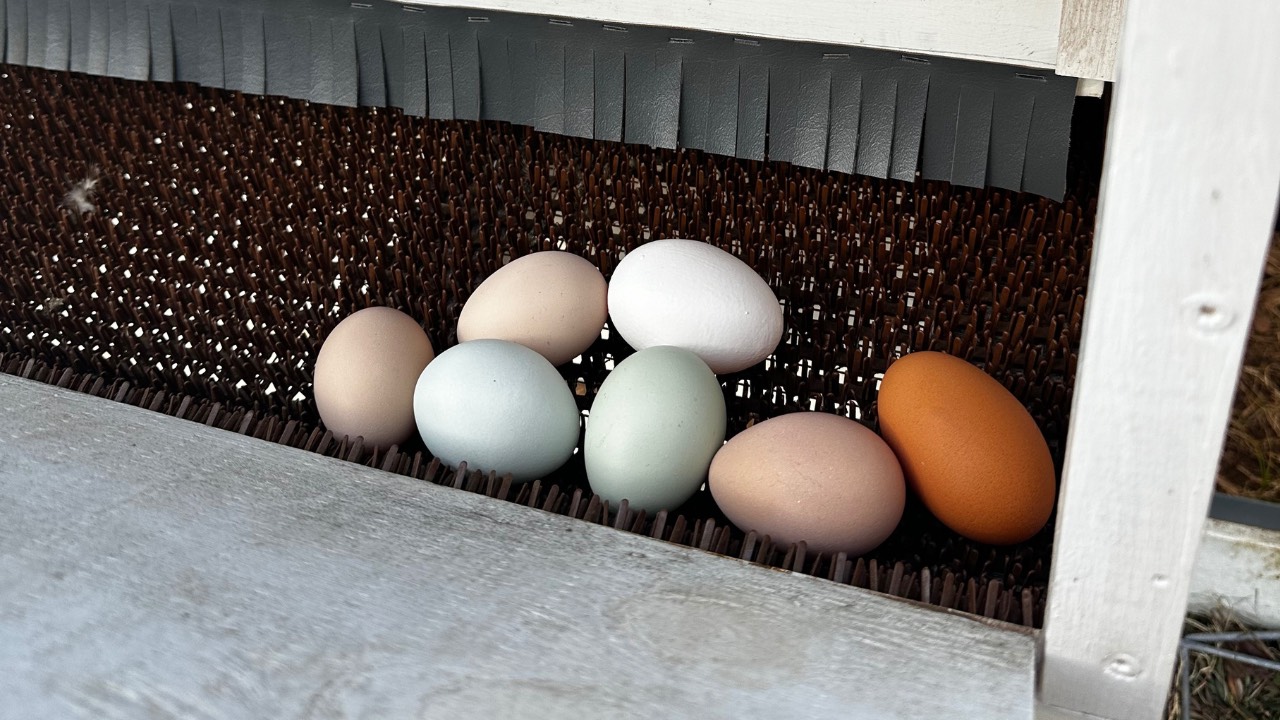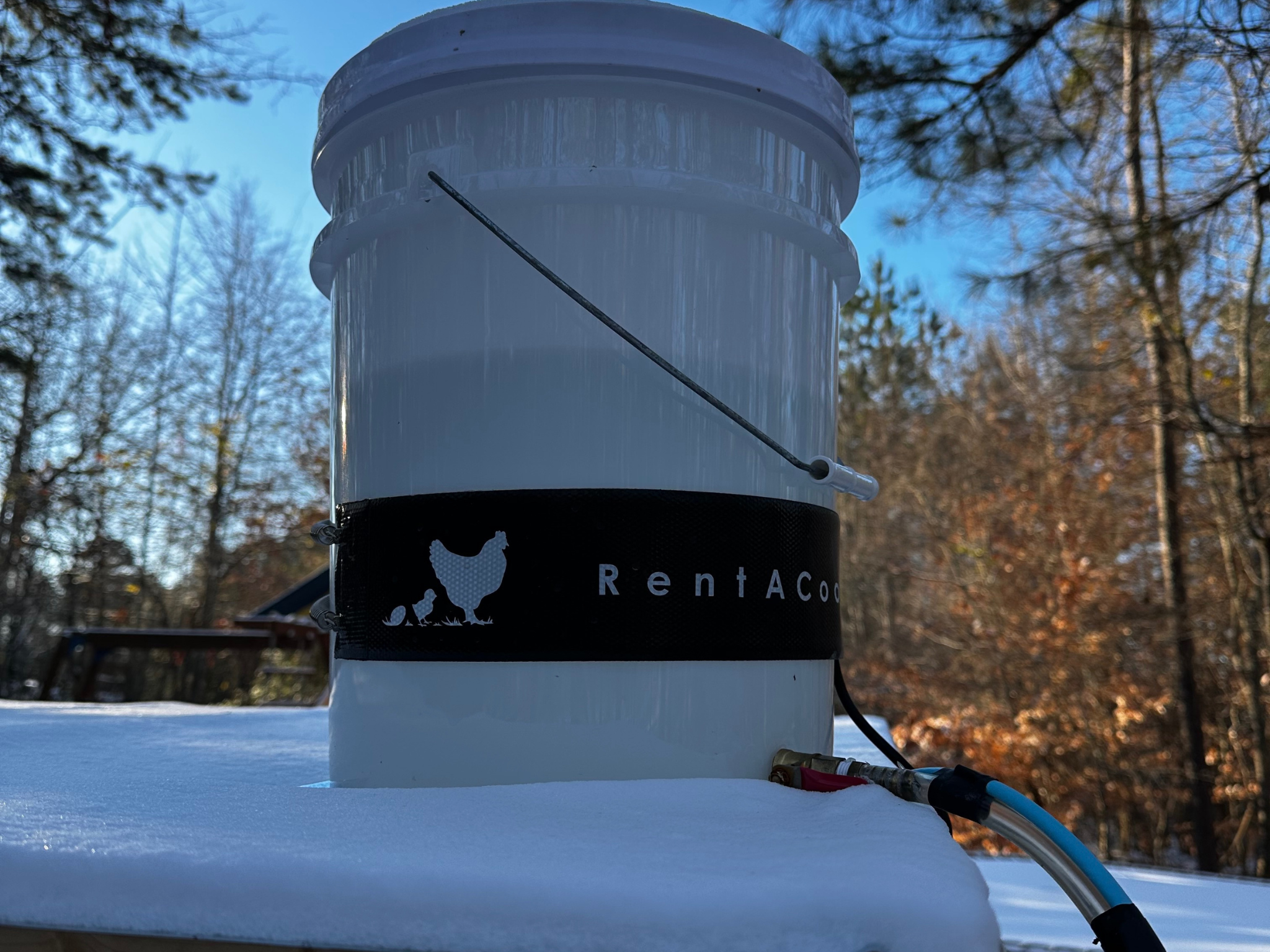Why Chickens Stop Laying in Winter (and How to Support Your Flock)
Oct 13, 2025
Winter means shorter days and longer nights — not just for us, but for our chickens too. If you’ve noticed fewer eggs in the nest boxes, you’re not alone. Many chicken keepers are surprised to learn that it’s not the cold weather that slows egg production, but the lack of sunlight.
Why Do Chickens Stop Laying in Winter?
Chickens absorb light through their eyes, which stimulates the pituitary gland and triggers hormone production. These hormones are responsible for egg laying. When daylight hours drop in the fall and winter months, so does egg production.
For most backyard flocks, this seasonal pause is completely natural. It gives hens a chance to rest, especially if they’re also molting. While it can feel frustrating to have fewer fresh eggs in the basket, there are simple ways to support your flock through the colder months.
Tips for Supporting Chickens in Winter
Here are a few practical ways to help your chickens stay healthy and in some cases, keep laying during the winter:
🌞 Maximize Daylight
Make sure your chickens get as much natural sunlight as possible. Position their run where it’s open to the sun, or let them free range during daylight hours.
Some chicken keepers choose to add artificial lighting in the coop during early morning or evening hours to extend “daylight” to about 14 hours total. If you go this route, avoid leaving lights on overnight. Chickens need darkness to rest properly.
💧 Keep Water from Freezing
Access to clean water is just as important as feed — and in freezing temps, it can be a challenge. We use a simple bucket belt from Rent A Coop or a bird bath heater to keep water from turning to ice. It’s an affordable and effective way to ensure your flock stays hydrated all winter long.
Pro tip: buy these winter products EARLY because they WILL sell out.

🥚 Boost Nutrition
In colder months, chickens burn more energy keeping warm. Feeding a higher-protein diet helps support both their energy needs and egg production. You can supplement with protein-rich treats like mealworms, sunflower seeds, or scrambled eggs (yes, it’s okay for chickens to eat cooked eggs!).
Offering them scratch grains, especially with corn, in the evenings can help the chickens stay warmer overnight as they work to digest their food.
🧺 Plan Ahead with Egg Preservation
If your flock slows down or stops laying altogether, having preserved eggs on hand is a lifesaver. Last year, I used pickling lime water (also known as water glassing) to preserve fresh, unwashed eggs from summer. Months later, they were still perfect for baking and cooking. Freezing eggs or freeze-drying them are other great options for filling the winter gap.
Embrace the Season of Rest
Remember, it’s completely normal for chickens to take a break in winter. In fact, it’s often healthier for them to conserve energy and focus on staying warm.
Winter gives both you and your flock the chance to rest and recharge and before you know it, those nest boxes will be full again.
Final Thoughts
Caring for chickens in the winter doesn’t have to be complicated. With the right nutrition, fresh water, and a little planning, you’ll set your flock up for success year-round.
👉 Curious — are you planning to preserve eggs for winter? I’d love to hear your method! Personally, water glassing with lime was a game-changer for our family.
**This post may contain affiliate links. If you purchase through these links, I may earn a small commission a no additional cost to you. Thank you for supporting Cotton River Farm!**

